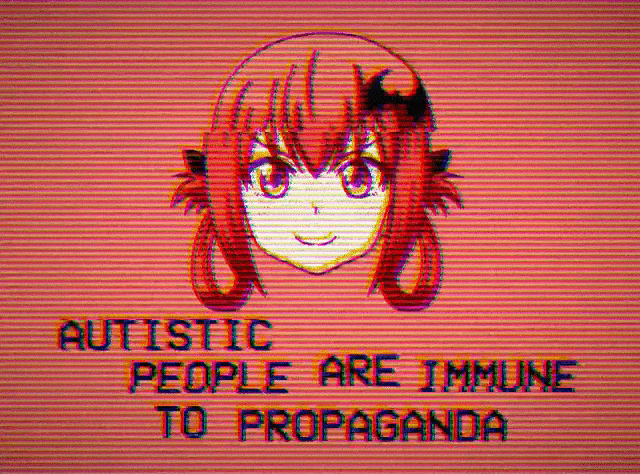The BBC has been accused of shitposting on shitposting, after an attempt to explain the online term on a podcast left millennial viewers baffled.
During a discussion on Brexitcast, the flagship political podcast shown on BBC One on Thursday evening, the corporation’s political editor, Laura Kuenssberg, described the scatological phrase to her confused colleagues.
“Political parties or campaign groups make an advert that looks really rubbish and then people share it online saying, ‘Oh I can’t believe how shit this is’ and then it gets shared and shared and shared and shared and they go, ‘Ha ha ha, job done’.”
The explanation confused many, since it bears little relation to the more common usage of “shitposting”. The term is defined by Urban Dictionary as “the constant posting of mildly amusing but usually unfunny memes, videos or other pictures that are completely random or unrelated to any discussions”. That defines the term by a lack of effort, not intention: a shitpost is, first and foremost, a shit post.
According to Google Trends, shitposting was first used online in about 2011, but took until 2015 to start becoming a relatively mainstream term. Its modern usage is typified by Chan culture, the internet communities that grew up around sites such as 4Chan, where the anonymity of posters means there is little social downside to shitposting.
That culture bled over to the mainstream in 2016, when the Oculus VR founder, Palmer Luckey, was revealed to have spent “significant funds” backing a pro-Trump campaign group that aimed to support the then candidate through “meme magic” and shitposting. Among the group’s stunts was a billboard containing a huge image of Hillary Clinton’s face, alongside the words “Too big to jail”.
In the past month, however, the word has taken on a new salience in British politics thanks to accusations that the Conservative party is adopting a “shitpost strategy”, using the aesthetics of shitposting; in particular, low-effort images and videos to provoke reactions and further distribution. In one example, the party achieved thousands of interactions simply by posting its campaign slogan in the comic sans typeface.
Two political campaigners hired by the Tories, Sean Topham and Ben Guerin, had trialled the approach in Australia earlier this year, where their “boomer memes” were credited with helping lead the ruling coalition to re-election. “We’d make them really basic and deliberately lame because they’d get shares and lift our reach,” one anonymous staffer told the Sydney Morning Herald.
But if shitposting takes on a new meaning thanks to its political use, Britain may have to learn another phrase. A “skunked term”, according to the lexicographer Byran Garner, is a word that becomes difficult to use because it is in the middle of transitioning from one common meaning to another.
The BBC declined to comment.


